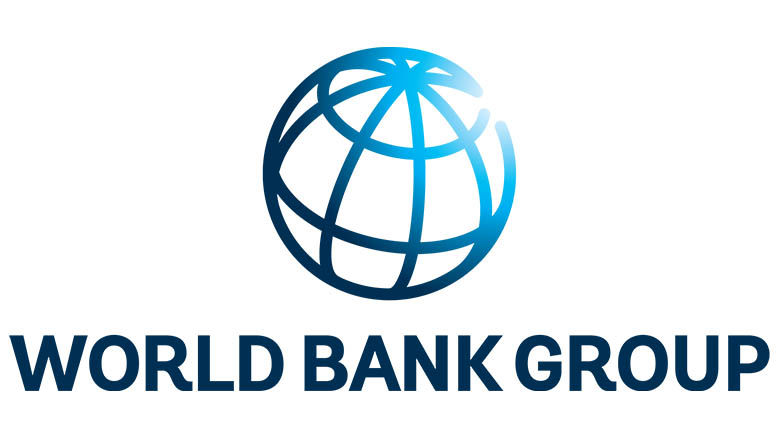Surging inflation and rising prices pushed an estimated 7 million Nigerians below the poverty line in 2020 alone, the World Bank said on Tuesday.
In its Nigeria Development Update (NDU) released Tuesday, the Washington-based lender added that Nigeria’s economic growth is being hindered by food inflation, heightened insecurity, unemployment and stalled reforms.
According to the update, persistent inflationary pressure is driven largely by accelerating food prices, while the nation’s inflation rate rose steadily throughout 2020 and reached a four-year high in March 2021.
Lead economist for Nigeria and co-author of the report, Marco Hernandez, explained that inflation, especially in food prices, was exacerbating poverty and food insecurity in the country.
President Muhammadu Buhari had on Saturday said his government lifted 10.5 million Nigerians out of poverty in the last two years.
In his speech delivered to mark the nation’s Democracy Day on June 12, the president said those the government lifted out of poverty include farmers, artisans, market women, and small-scale traders. “In the last two years we lifted 10.5 million people out of poverty – farmers, small-scale traders, artisans, market women and the like,” Buhari said.
But the latest figure by the World Bank disputes Buhari’s claim.
The World Bank also gave a GDP growth forecast for Nigeria of 1.9% in 2021 and 2.1% in 2022, compared with 3.4% this year and 4.0% next year for sub-Saharan Africa.
The report said that while the government took measures to protect the economy against a much deeper recession, it would be essential to set policy foundations for a strong recovery.
The NDU, titled “Resilience through Reforms”, notes that in 2020 the Nigerian economy experienced a shallower contraction of -1.8% than had been projected at the beginning of the pandemic (-3.2%).
Although the economy started to grow again, the report said prices are increasing rapidly, severely impacting Nigerian households.
Meanwhile, the report acknowledges notable government’s policy reforms aimed at mitigating the impact of the COVID-19 crisis and supporting the recovery. These include steps taken towards reducing fuel subsidies and adjusting electricity tariffs towards more cost-reflective levels, both aimed at expanding the fiscal space for pro-poor spending.
In addition, the report highlights that both the federal and state governments cut nonessential spending and redirected resources towards the COVID-19 response, adding that public-sector transparency has improved, in particular around the operations of the oil and gas sector.
The report however notes that despite the more favorable external environment, with recovering oil prices and growth in advanced economies, a failure to sustain and deepen reforms would threaten both macroeconomic sustainability and policy credibility. This will limit the government’s ability to address gaps in human and physical capital which is needed to attract private investment, the bank said. “Nigeria faces interlinked challenges in relation to inflation, limited job opportunities, and insecurity”, said Shubham Chaudhuri, the World Bank Country Director for Nigeria.
The World Bank then proposed near-term policy options aimed at reducing inflation by implementing policies that support macroeconomic stability, inclusive growth, and job creation. It also called for protection of poor households from the impacts of inflation, adding that government must facilitate access to financing for small and medium enterprises in key sectors to mitigate the effects of inflation and accelerate the recovery. Hernandez, Lead economist of the World Bank for Nigeria said: “Given the urgency to reduce inflation amidst the pandemic, a policy consensus and expedite reform implementation on exchange-rate management, monetary policy, trade policy, fiscal policy, and social protection would help save lives, protect livelihoods, and ensure a faster and sustained recovery.”



